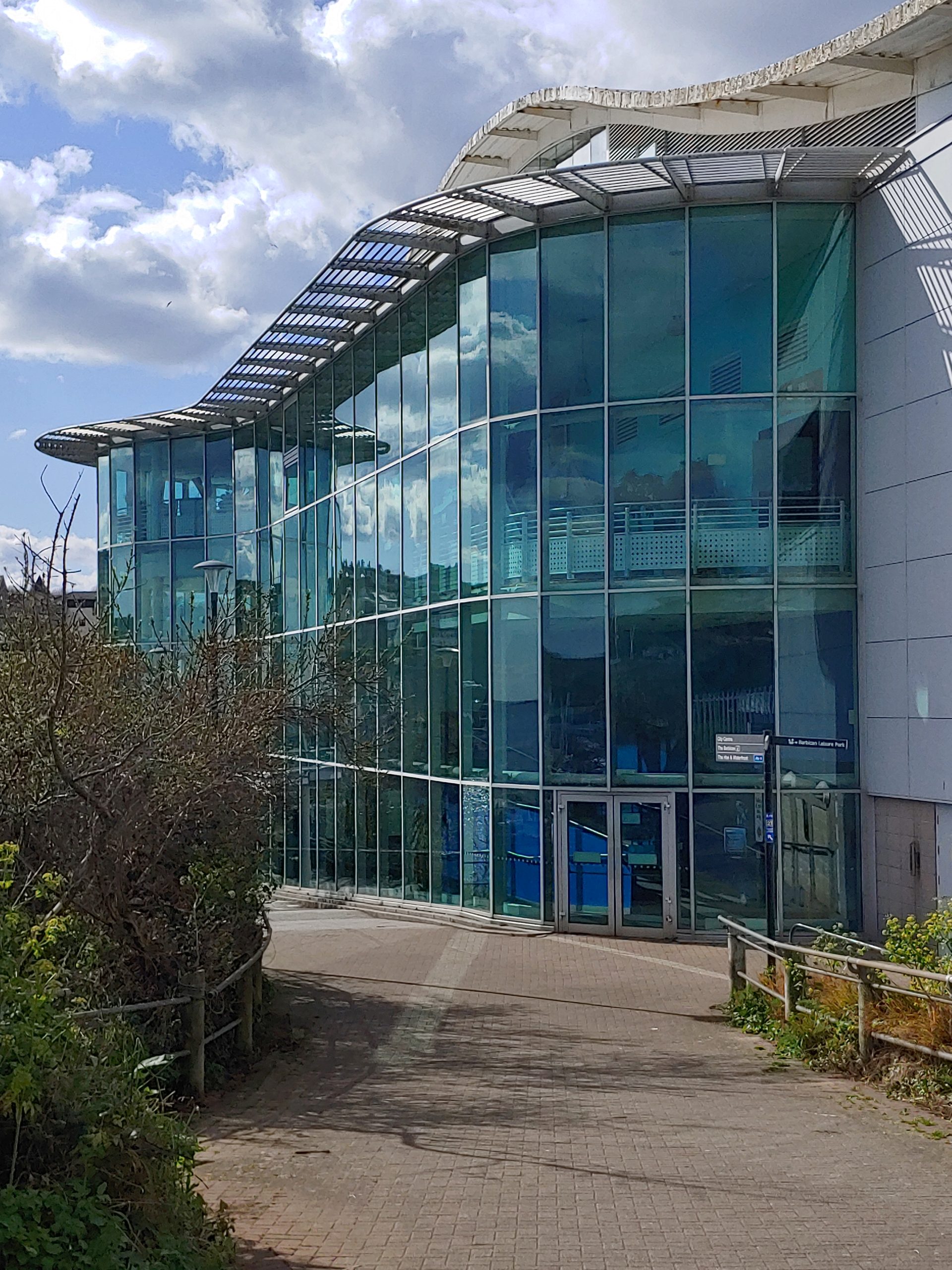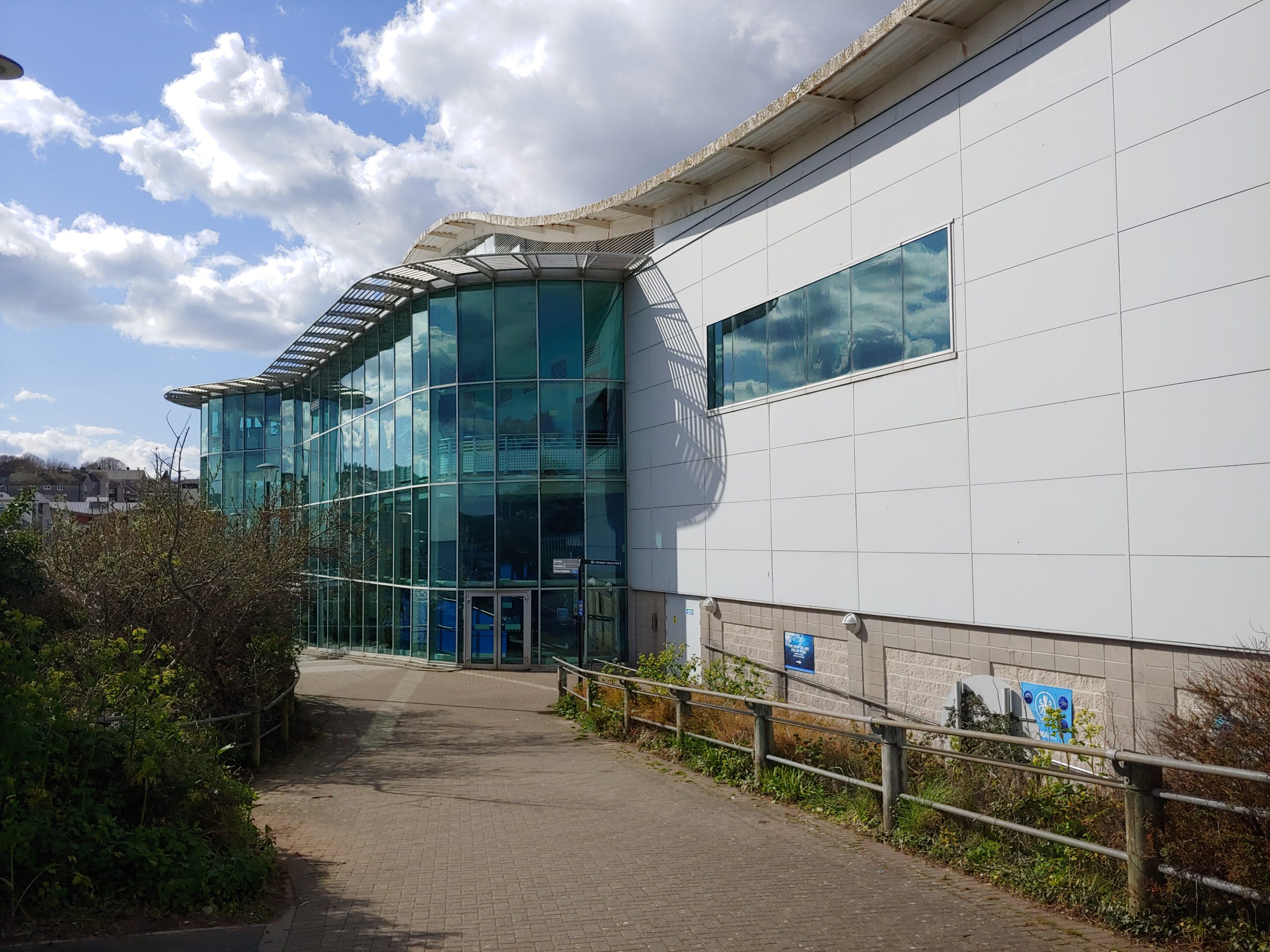National Marine Aquarium

Services Design Solution provided low zero carbon options to allow National Marine Aquarium to reduce carbon footprint.

The National Marine Aquarium (NMA), operated by the Ocean Conservation Trust, is the UK’s largest aquarium and a key centre for marine conservation and education in Plymouth. Home to over 400 species and containing life-support critical systems with minimal tolerance for downtime, the NMA plays a vital role in both public engagement and scientific research.
SDS was appointed to undertake an optioneering study, exploring low and zero carbon technologies to help reduce the aquarium’s carbon footprint, in line with Plymouth’s goal of achieving net-zero by 2030. The study aimed to lower operating costs, ensure a resilient electrical supply for life-support systems, and maintain precise tank temperature conditions critical to marine life.
Involvement
- An optioneering study was undertaken to explore low and zero carbon solutions that would enable the National Marine Aquarium (NMA) to reduce its carbon footprint, align with Plymouth’s net-zero carbon target by 2030, lower operating costs, ensure a resilient electrical supply for life-support systems, and maintain stable tank temperature conditions
- The study was commissioned by SWEU and funded by the EIB/ELENA
- The NMA experiences very high annual electricity and gas usage, placing a significant financial burden on the Trust. This high energy demand is unsustainable from both economic and environmental perspectives
- The study identified opportunities for optimisation, retrofit, refurbishment, and replacement of building systems and life-support services to reduce energy consumption and carbon emissions
- The report also assessed the logistical complexities of retrofit and installation, potential financial incentives and grants, and options for improving supply redundancy
Benefits delivered
- Comprehensive list of recommendations, split into low, medium and high cost opportunities
- Review of existing systems along with detailed proposals
Added value
-
Identified low and zero carbon technologies to help the NMA reduce its carbon footprint and support Plymouth’s 2030 net-zero target.
-
Proposed energy efficiency and cost-saving measures to reduce high electricity and gas usage, easing financial pressure on the Trust.
-
Recommended improvements to system resilience, ensuring reliable operation of life-support and tank temperature systems vital to marine life.
-
Delivered a comprehensive review of existing systems, with detailed proposals for optimisation, retrofit, refurbishment, or replacement.
-
Offered a tiered list of investment opportunities, categorised into low, medium, and high-cost actions for flexible implementation planning.
-
Assessed the practical feasibility of retrofits, addressing logistical challenges and minimising disruption to ongoing operations.
-
Identified potential grants and financial incentives to support the adoption of sustainable and low-carbon technologies.
-
Highlighted options for enhancing electrical supply redundancy, improving the aquarium’s resilience against power disruptions.
Get in touch
Your vision, our expertise – engineering a more sustainable world together.


